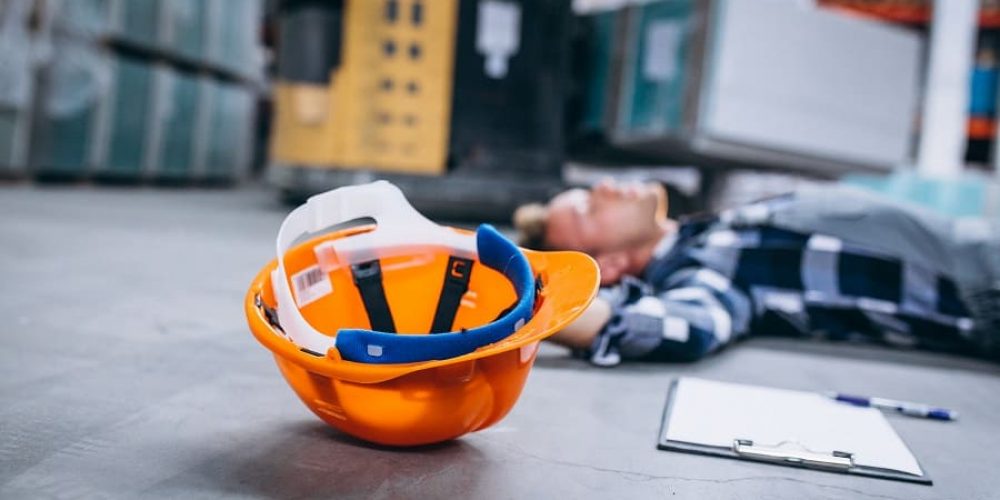A successful construction project in Southern California is an ever-growing beast with constantly moving parts that have to fit perfectly for a project to come together. Unfortunately, these moving parts don’t always work as they should. When you’re injured by someone on your construction site, you may not know what your legal options are or how to pursue them. With the workers’ compensation lawyers at Pisegna & Zimmerman, you can find out how to get the compensation you’re owed. Our workers’ compensation attorneys commitment to workers’ rights is unmatched, and we want to bring that level of commitment to your case. Call us at 818-888-8888 to set up a consultation right away.
Workers’ compensation claims may seem complicated to the uninitiated. If your injury is the result of the company’s negligence or an accident caused by another person working for your employer, workers’ comp is your only remedy. You cannot sue your employer in the vast majority of cases. This limits your compensation to partial income replacement and medical expenses. However, if there is a third party who caused your injury, you may be able to sue them for all of the compensation you are owed.
Common Examples of Third Parties in These Cases
Does your case involve a third party? A third party can be anyone who is not employed by the same entity that employs you. Common examples include:
- Subcontractors: Subcontractors play an important role in construction projects, and they also have a duty to those they work with. If they fail to create a safe working environment or take proper precautions, they could be liable for any accidents they cause.
- Drivers: If you are doing construction on the road, you already know just how dangerous drivers can be. If a driver is responsible for the accident that injured you, you may be able to seek compensation from their insurance company.
- Equipment manufacturers: The companies that create construction equipment have an obligation to design and manufacture equipment that meets or exceeds safety standards. If their equipment fails in a way they should have anticipated, they may be liable.
- Property owners: Property owners have an obligation to create a safe working environment and ensure that the property is ready for construction work to begin.
- Architects and engineers: Those who create plans for a piece of property must ensure that everything they propose is safe and up to code. When they fall short, they must be held accountable.
Determining Third-Party Liability
Establishing liability is key if you want to pursue a personal injury claim. When you seek workers’ compensation, you don’t need to prove that anyone did anything wrong to cause your injury; you’re entitled to compensation simply because your injury happened at work. That is not the case with a third-party claim. Proving negligence involves demonstrating that the other party had a duty of care owed to you, that they failed in that duty, and that their failure led to your injuries. Additionally, you must have measurable damages. This means proof of your injuries, the costs associated with those injuries, and other ways that your injuries have affected you.
The overlap between workers’ compensation and personal injury can be confusing, and it may be challenging to discern whether or not a third party plays a role in your injury. In these scenarios, it’s best to discuss your concerns with a workers’ compensation lawyer with experience in both areas.
How a Third-Party Claim Could Help You
While workers’ compensation generally pays out quickly and with minimal fanfare, personal injury claims have their own benefits as well. A third-party claim is far more flexible in what it allows you to recover. You may be able to receive full compensation for your lost wages, medical bills, property damage, pain and suffering, and related expenses. Personal injury claims are not subject to the same limits as workers’ compensation claims, which means that you may be able to receive more if you’ve sustained severe injuries. This is crucial for those who suffer catastrophic injuries, as they may have a lifetime of care needs ahead of them that workers’ comp will not cover.
Explore Your Legal Options With Pisegna & Zimmerman
Not sure what your next step is after a workplace injury? Let’s talk about all of your options and what path forward is best for you. Schedule your consultation now by getting in touch online or giving us a call at 818-888-8888.




Comments 0